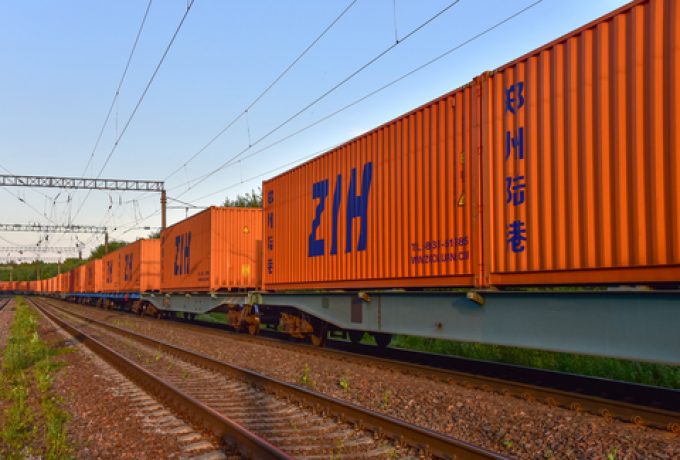Russian Railways looks to reorientation to regain lost volumes
Russian Railways is continuing to reorient operations as more sanctions take hold, and its first-quarter ...

Russian shippers’ demand for rail services has prevented a collapse of China-Europe rates as Chinese operators seek to contend with “cheap as chips” ocean freight prices.
The surprising strength in China-Europe rail rates is believed to be tied to increased demand from Russian shippers desperate for ...


Comment on this article